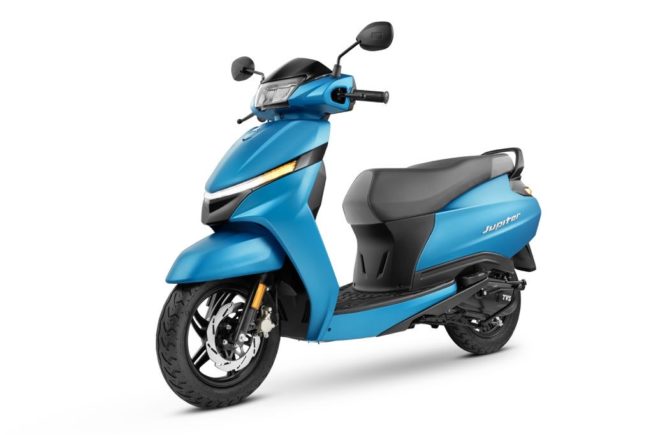Delhi’s proposed EV Policy 2.0 may ban new petrol two-wheeler registrations
The Delhi government is reportedly weighing a significant policy shift that could reshape the capital’s mobility landscape. Under the proposed Electric Vehicle (EV) Policy 2.0, the registration of new petrol and diesel-powered two-wheelers may be halted starting August 2026. This initiative is expected to be a cornerstone in Delhi’s efforts to promote cleaner transportation and reduce vehicular emissions.
If implemented, this move would mean that electric motorcycles and scooters would become the only options for new buyers in the two-wheeler segment post-deadline. The policy is also said to include measures to encourage EV adoption in the four-wheeler segment, with a proposal to mandate that any household’s third car be electric, ensuring a gradual but steady transition towards sustainable mobility.
Further extending its focus on cleaner transport, the government is reportedly considering a halt to new registrations of fossil fuel-powered three-wheelers from August this year. This would effectively push auto-rickshaw operators towards electric alternatives. Additionally, owners of CNG-powered three-wheelers that have been in service for more than 10 years might be required to either switch to EVs or retrofit their existing vehicles with electric powertrains.
To facilitate this large-scale transition, authorities are said to be working on expanding EV charging infrastructure across the city. Plans are reportedly underway to install more public charging stations and enforce mandatory provisions for charging facilities in newly constructed buildings and public areas.
With these ambitious measures, Delhi aims to achieve a 95% EV penetration rate by 2027, positioning itself as one of the frontrunners in India’s clean mobility drive.
The existing Delhi EV Policy, first introduced in 2020, played a crucial role in accelerating EV adoption but officially expired on August 8, 2024. It has since been extended multiple times, with the latest extension running until March 31, 2024. The upcoming EV Policy 2.0 is expected to build upon these foundations, introducing long-term strategies to enhance and sustain the shift toward electric mobility.
While this proposed transition holds promise for a greener future, it also presents challenges such as affordability, charging infrastructure development and the readiness of the two-wheeler industry to cater exclusively to the EV market. Stakeholders, including manufacturers, consumers and transport operators, will likely be watching closely as the policy evolves and moves towards implementation.

